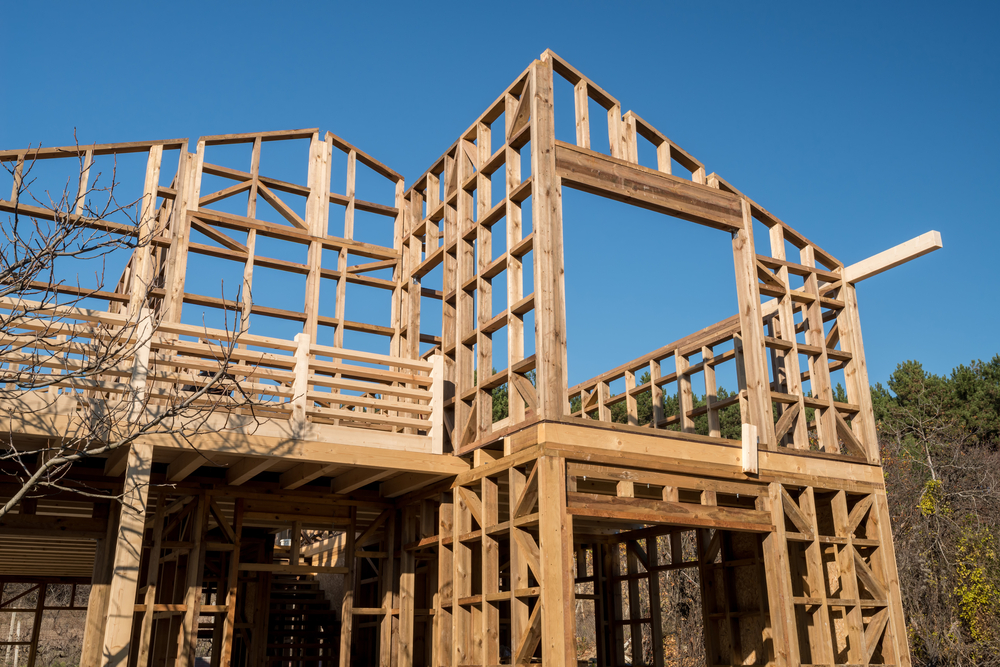Despite high buyer traffic and strong demand, U.S. builder sentiment fell in March as rising lumber and other material prices pushed builder confidence lower. The latest NAHB/Wells Fargo Housing Market Index (HMI) shows that builder confidence in the market for newly built single-family homes fell 2 points to 82 in March.
“Though builders continue to see strong buyer traffic, recent increases for material costs and delivery times, particularly for softwood lumber, have depressed builder sentiment this month,” said NAHB Chairman Chuck Fowke. “Supply shortages and high demand have caused lumber prices to jump more than 200% since last April. Policymakers must address building material supply chain issues to help the economy sustain solid growth in 2021.”
“Builder confidence peaked at a level of 90 last November and has trended lower as supply-side and demand-side factors have trimmed housing affordability,” said NAHB Chief Economist Robert Dietz. “While single-family home building should grow this year, the elevated price of lumber is adding approximately $24,000 to the price of a new home. And mortgage interest rates, while historically low, have increased about 30 basis points over the last month. Nonetheless, the lack of resale inventory means new construction is the only option for some prospective home buyers.”
Derived from a monthly survey that NAHB has been conducting for 35 years, the NAHB/Wells Fargo HMI gauges builder perceptions of current single-family home sales and sales expectations for the next six months as ”good,” “fair” or “poor.” The survey also asks builders to rate traffic of prospective buyers as “high to very high,” “average” or “low to very low.” Scores for each component are then used to calculate a seasonally adjusted index where any number over 50 indicates that more builders view conditions as good than poor.
The HMI index gauging current sales conditions fell 3 points to 87 while the component measuring sales expectations in the next six months increased 3 points to 83. The gauge charting traffic of prospective buyers held firm at 72.
Looking at the three-month moving averages for regional HMI scores, the Northeast rose 2 points to 80, the Midwest fell 1 point to 80, the South dropped 2 points to 82 and the West posted a three-point loss to 90.
